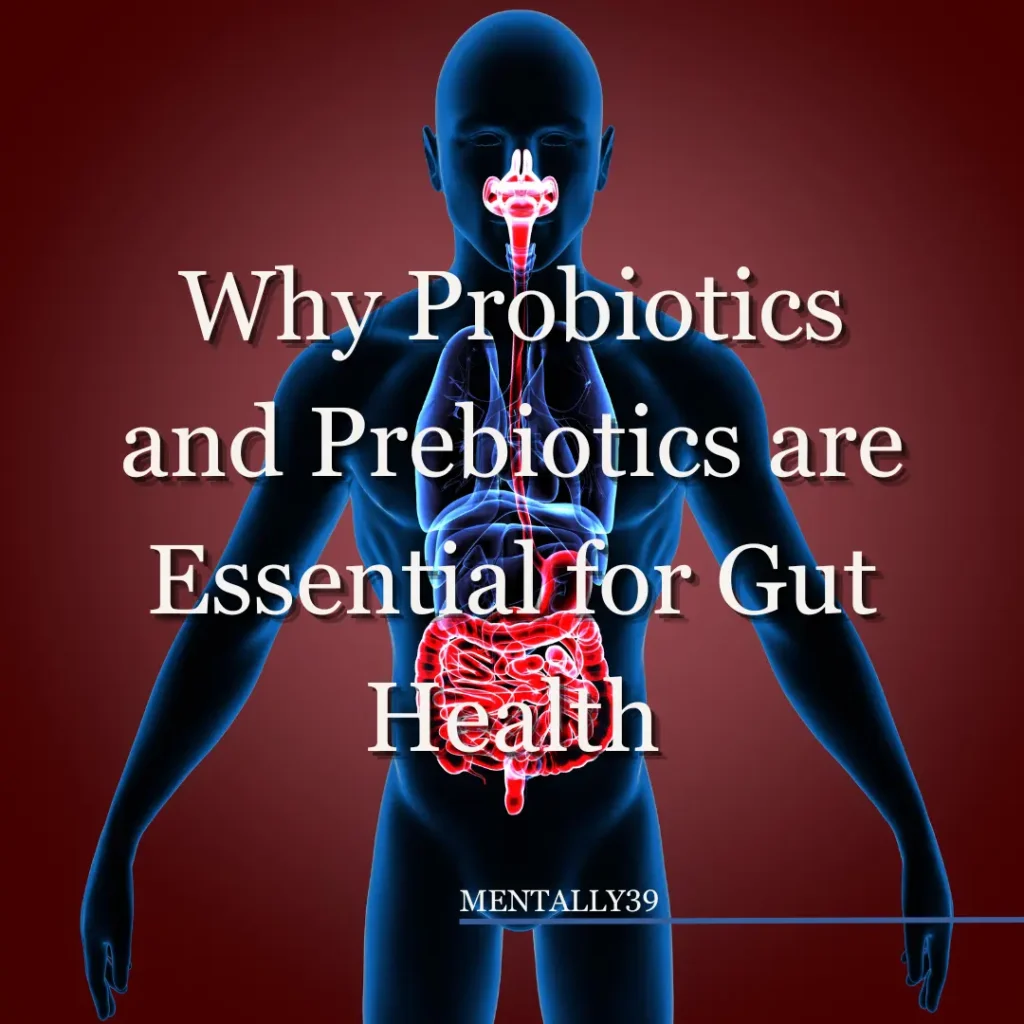As we go down the local grocery store aisle, you probably start to see lots of products with the terms ‘probiotics and prebiotics.’ These terms frequently come up in discussions, often together, underscoring their significance to our gut health. But what’s the difference? Far from being just another trend in health and wellness, these two components play key roles in our digestive health benefits, and understanding their functions could be the key to nurturing a happy gut. Probiotics are live beneficial bacteria found in fermented foods such as yogurt and sauerkraut, which introduces good bacteria in your gut and helps maintain the balance of our digestive system.
On the other hand, prebiotic fiber is the nutrition that feeds the good bacteria in our gut. These non-digestible components are found in various foods rich in prebiotics, like bananas, asparagus, and whole grains, promoting a good gut environment for our microbiota to thrive. By fostering a thriving gut full of healthy live cultures, we support the flourishing of our gut microflora, leading to various health advantages.
Together, prebiotic and probiotic foods orchestrate a symbiotic dance within our intestine, encouraging a robust population of gut bacteria needed for overall health. By nurturing this biome with healthy supplements, we achieve a digestion balance that reflects our energy and well-being. Let’s explore the importance of gut health and expand our understanding of the ever-changing world of pre and pro-biotics.
Key Takeaways
- Probiotics and prebiotics are integral for nurturing our flora, enhancing gut health, and aiding digestion.
- Fermented foods like yogurt and kefir are rich in live bacteria, providing a natural probiotic supplement for a balanced gut flora.
- Prebiotic fiber sourced from foods such as bananas, asparagus, and complete grains promotes the flourishing of beneficial bacteria in the gut.
- Integrating a combination of prebiotic and probiotic foods into our diet supports a thriving gut and optimizes digestion benefits.
- Consulting healthcare providers before undertaking prebiotic supplements or probiotic supplements ensures they align with individual health needs.
- The existence of live cultures in our gut is vital for maintaining a robust immune system and preventing gastrointestinal disorders.
- Awareness and education on gut bacteria merit continual exploration for prospective health advancements.
Understanding the Dynamic Duo of Gut Health: Probiotics and Prebiotics
As we go through the complicated world of our microbiome, we must understand the interplay between prebiotics and probiotics. These components act as the architects of our digestive tract, shaping an environment where probiotics are healthy bacteria that work tirelessly to ensure a pleasant balance within our gut. Looking into the world of fermented foods like kefir, we unlock the benefits of probiotics. These include the activation of the immune system, improvement in the digestion process, and a potential reduction in gastrointestinal disorders such as irritable bowel syndrome.
For a healthy gut, we need to include probiotic foods and prebiotics rich in dietary fiber in our diet. Live microorganisms can help us maximize their benefits. Combining pre and pro-biotics, called a synbiotic approach, can provide various benefits. Thanks to innovative research and an increase in food sources containing these beneficial microorganisms, we are on the verge of a dietary revolution. Incorporating diverse strains of probiotics and nourishing types of bacteria into our diet can improve our overall health and well-being.
Amplifying Your Microbiome: Best Practices for Incorporating Prebiotics and Probiotics
Maintaining a happy gut is similar to cultivating a thriving garden. Our intestinal flora requires a variety of microbial species to thrive, each playing a crucial role in our overall well-being. We focus on a diet rich in pre and pro-biotics to boost this ecosystem. Prebiotics provide food for the healthful bacteria in our gut, while probiotics contain live and active cultures that provide gut health benefits when consumed regularly. Foods that are high in these nutrients, such as kefir, pickles, apple cider vinegar, and kimchi, are essential components of a healthy diet. They introduce diverse bacteria to our gut and promote the growth of beneficial bacteria.
Our aim should be to consume a variety of prebiotic foods—vegetables, fruits, whole grains, and legumes—to care for our gut flora. This dietary modulation of the human colonic microbiota promotes a dynamic environment where specific species of bacteria can thrive. At the same time, the growth of these beneficial bacteria contributes to the production of postbiotics, such as short-chain fatty acids, which yield additional benefits. Acknowledged by the American Gastroenterological Association, these practices aid G.I. harmony and support our gut health. Clearly, a mindful approach to what we consume profoundly impacts the microcosm within us.
When it comes to antibiotics, it’s important to use them carefully because they can upset the balance of good bacteria in our gut. The National Institutes of Health recommends only using antibiotics when needed and in moderation. Instead of relying on supplements, try fermented foods during recovery. They contain fiber and live cultures that help support good bacteria in your gut. This is the way to keep your gut microbiome healthy and balanced.

20+ Years as a Special Education Teacher
NASM Certified Nutrition Coach,
Certified Trauma Informed Trainer
Mindset and Motivation Master Life Coach
